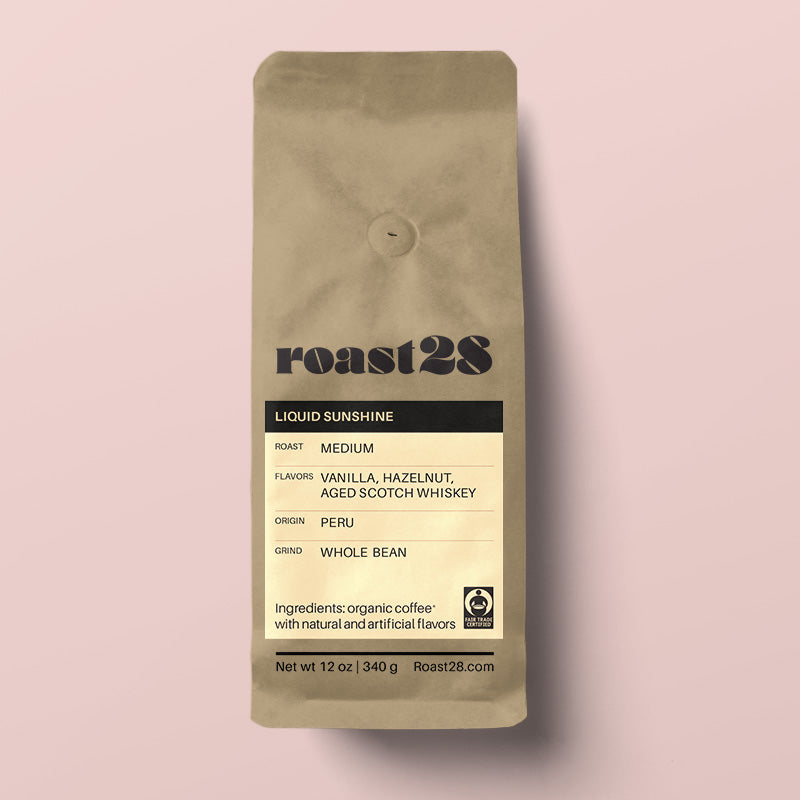Supporting smallholder coffee farmers empowers communities by providing education, financial aid, and access to global markets. These initiatives ensure ethical coffee choices that promote sustainable farming practices and improve livelihoods. Smallholder farmers benefit from tools to create a more viable and profitable coffee industry.

Smallholder coffee farmers
Smallholder coffee farmers are individuals or families who cultivate coffee on small plots of land, often under five hectares. They typically rely on traditional farming methods and have limited access to resources. Fair Trade and Organic coffee certifications help smallholder farmers earn better prices and meet ethical standards. These certifications promote sustainable practices, ensuring the farmers' livelihoods and environmental health. Smallholder coffee farmers play a crucial role in the production of high-quality, ethically sourced coffee.

Education, aid, and access
The Fair Trade commitment ensures smallholder coffee farmers receive fair prices, improving their economic stability and well-being. It provides farmers with education on sustainable practices, helping them enhance crop quality and yields. Financial aid through Fair Trade supports smallholder farmers in overcoming challenges and investing in their farms. The commitment also grants access to global markets, connecting smallholder farmers with ethical coffee buyers. This system empowers farmers to compete in the global coffee industry while promoting fair labor and environmental practices.

Reducing environmental impact
Sustainable farming practices prioritize environmental health, economic viability, and social responsibility for smallholder coffee farmers. USDA Organic-certified beans are grown without synthetic pesticides or chemicals, preserving soil quality and biodiversity. These practices reduce harmful environmental impacts while promoting long-term farm productivity and ecosystem balance. For smallholder coffee farmers, sustainable methods ensure healthier crops and a stable income. USDA Organic certification encourages farmers to adopt eco-friendly techniques that support both the environment and future generations of coffee growers.

Maintaining farming sustainability
Smallholder coffee farmers use tools like organic fertilizers and compost to enhance soil health and crop yields. They adopt water-saving techniques, such as drip irrigation, to reduce resource consumption and maintain farm sustainability. Mobile apps provide weather forecasts and market prices, helping farmers make informed decisions. Training in agroforestry allows smallholder coffee farmers to diversify crops and improve farm resilience. These tools collectively create a more viable and profitable coffee industry for smallholder farmers worldwide.

Our commitment to community
Roast28 offers USDA Organic and Fair Trade dark roast coffee, ensuring ethical sourcing from smallholder coffee farmers. Its USDA Organic certification guarantees beans are grown without harmful chemicals, supporting sustainable farming practices. Fair Trade certification helps smallholder farmers receive fair prices, improving their livelihoods and community stability. Roast28’s commitment provides financial support and market access, empowering smallholder coffee farmers to thrive globally. By choosing Roast28, you are supporting sustainable farming and ethical trade practices that benefit smallholder farmers directly.




